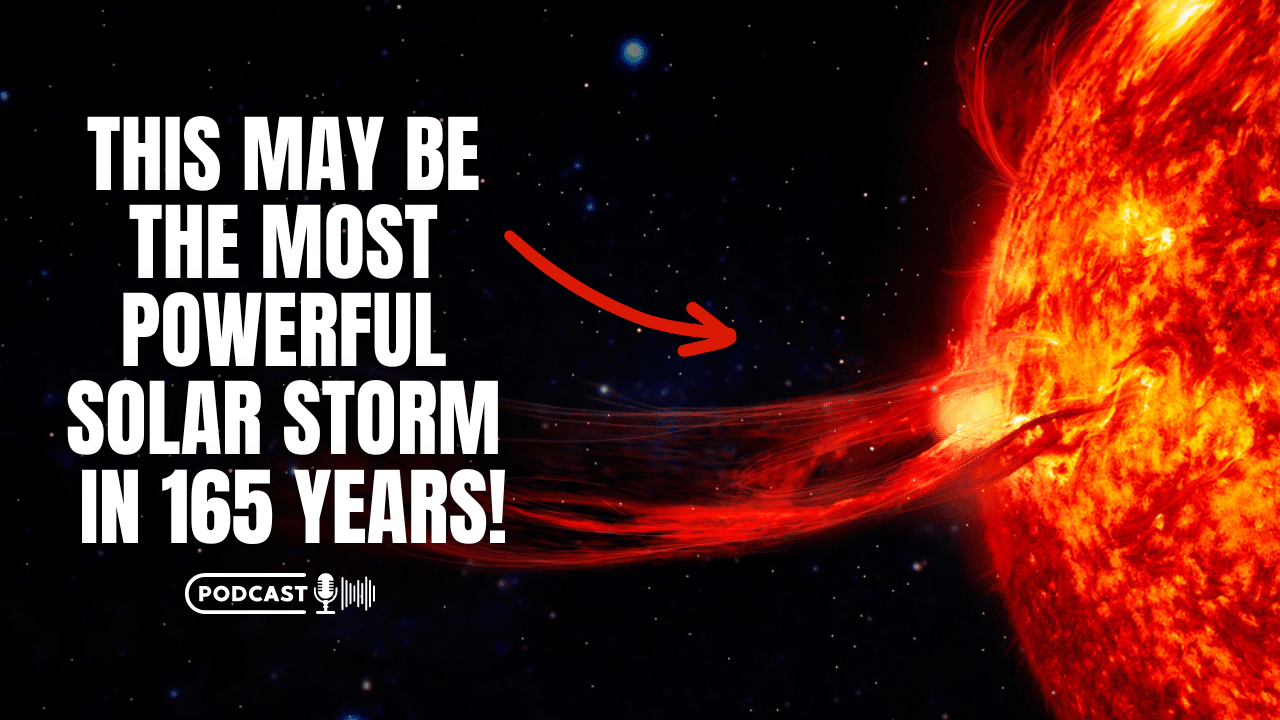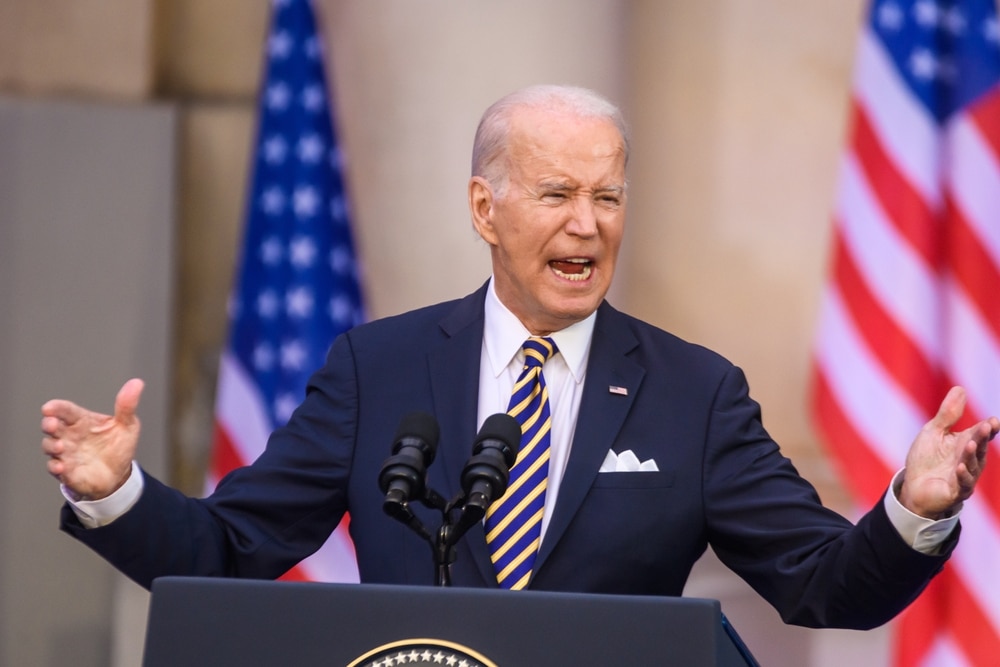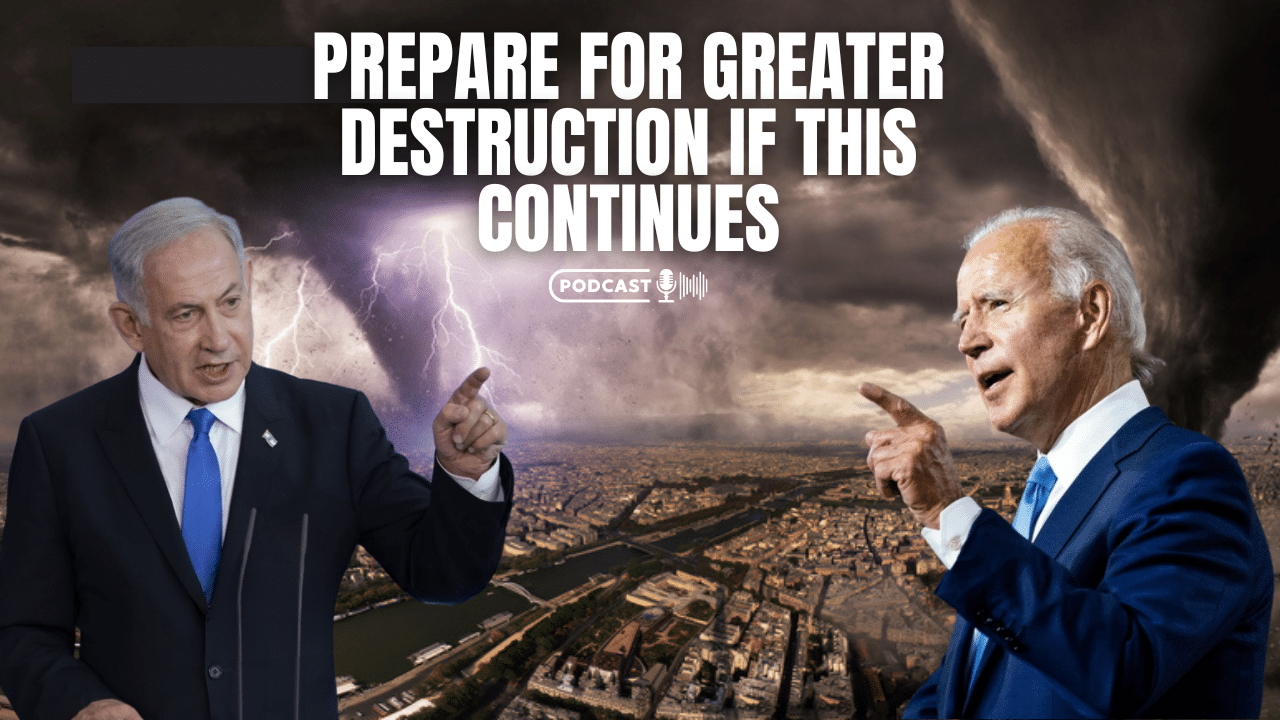(OPINION) The following is an excerpt from the Daily Star, Many “radical Christians” believe humanity is in ‘the end of times as the outbreak of war in Ukraine has ‘prophetic significance.’
Evangelical pastor Greg Laurie from the Harvest Christian Fellowship in California claims the Bible predicts the coming of war and plagues when Jesus is meant to return to Earth – which he claims is related to the current conflict and the coronavirus pandemic.
In a bizarre social media video following Russia’s invasion of Ukraine, Laurie said: “Is there any prophetic significance to what is happening in Ukraine right now? “The answer is…Yes! I believe that Christ could come back at any moment. “There are signs of times the Bible tells us to be looking for.
Jesus likened it to labor pains in a woman who’s ready to give birth—the idea being the closer they get together the closer you are to the birth.” For millennia, end times Christians have tried to shoehorn current events into proof of Jesus’ imminent return, taking cryptic language from the books of Ezekiel, Daniel, Matthew, and Revelation to come up with various theories as to how the world will end.
In most of these theories — embraced by conservative evangelical or fundamentalist branches of the faith — an entity referred to as Gog and Magog descends from the “far north” upon a peaceful, reconstituted Israel, whose people had been “brought out from the nations, and all now dwell securely,” as it is described in Ezekiel.
The resulting war that follows allows a Messiah to swoop in and come to Israel’s rescue. It also ushers in the end of the world as we know it and the establishment of a new and better kingdom of God on earth. Certain members of every generation since antiquity have found ways to convince themselves that they lived in the end times.
“One of the beauties of end-times theology is that it’s protean,” says Randall Balmer, a professor of American religion at Dartmouth College. “That is, it can be shaped and shifted to comply with particular circumstances, and it allows those who subscribe to it to claim to have a command of history, that they know how it’s all going to come out eventually.”
At the time, a Pew poll revealed that more than three-fourths of Americans who identified as Christians “believed in the second coming; and 20% expected it to happen in their lifetime.” Evangelist Pat Robertson, evidently, is one of those believers.
This past Monday, in fact, he proclaimed that Putin’s decision to invade came about because the Russian ruler had been “compelled by God. He went into Ukraine, but that wasn’t his goal. His goal was to move against Israel, ultimately.”
In Robertson’s view, apparently, the Kremlin’s battle for Kyiv is somehow setting up the larger battle that will bring on, as Robertson called it, “End Times”—literally Armageddon, as prophesied in the Book of Revelation, a period that would be marked by the return of the Messiah and the arrival of Judgment Day as human life on earth is extinguished.
End Times talk is not reserved to televangelists. According to reports, two Republicans considered to be possible presidential contenders in 2024—Mike Pence and Mike Pompeo—attended an End Times Bible study group during their time in the Trump administration. And two years ago, The Washington Post noted that Pompeo “regularly referenced the ‘rapture’ to defend American support of Israel, among other positions.”
Rapture. End Times. World War III. Such prophesies—including those that bring Russia into the mix—are nothing new. In certain American strands of apocalyptic thought, adherents have long put a Russian spin on the end of the world.
Matthew Avery Sutton, the author of American Apocalypse, reflected in 2015 (in the aftermath of Putin’s takeover of Crimea) that as long ago as the 19th century, preacher John Nelson Darby fingered Russia as the West’s possible antagonist in a face-off between Christ and the Antichrist. Rumors of Russia’s potential role in the end of days surfaced again 100 years ago (during the country’s revolutionary transition to Communism); during the atomic- and nuclear-weapons race of the mid-1900s; and, closer to our day, during periods of conflict in the Middle East.


















